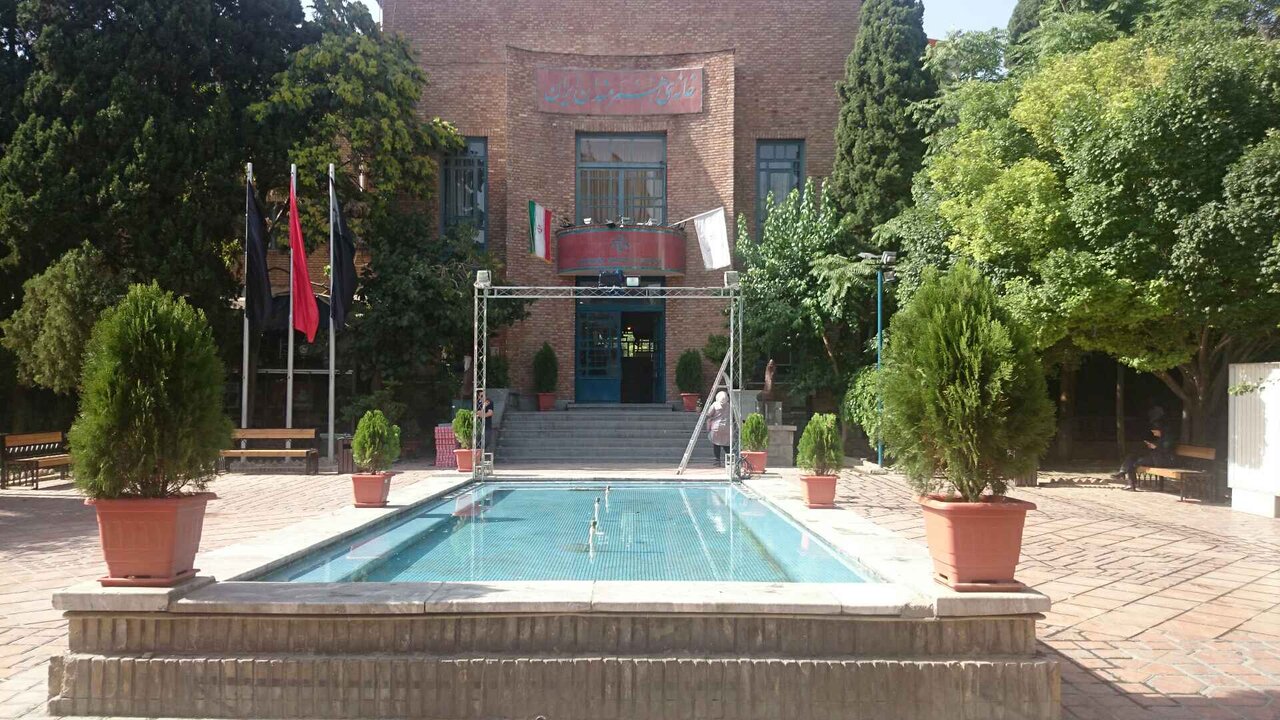IAF cinematheque to screen Bela Tarr’s “Macbeth”

TEHRAN-The cinematheque of the Iranian Artists Forum (IAF) in Tehran will show the 1982 Hungarian film “Macbeth” directed by Bela Tarr, based on the famous tragedy of the same name by William Shakespeare, on Wednesday.
After screening the film at 5 p.m., it will be reviewed at a session in the presence of author, playwright, and theater critic Azadeh Fakhri, Honaronline reported.
It will be the 6th session in the program of the cinematheque dedicated to the screening of films based on well-known plays.
“Macbeth” dramatizes the damaging physical and psychological effects of political ambition on those who seek power. It was first published in the Folio of 1623, possibly from a prompt book, and is Shakespeare's shortest tragedy.
A brave Scottish general named Macbeth receives a prophecy from a trio of witches that one day he will become King of Scotland. Consumed by ambition and spurred to action by his wife, Macbeth murders King Duncan and takes the Scottish throne for himself. He is then wracked with guilt and paranoia. Forced to commit more and more murders to protect himself from enmity and suspicion, he soon becomes a tyrannical ruler. The bloodbath and consequent civil war swiftly take Macbeth and Lady Macbeth into the realms of madness and death.
Shakespeare's source for the story is the account of Macbeth, King of Scotland, Macduff, and Duncan in Holinshed's Chronicles (1587), a history of England, Scotland, and Ireland familiar to Shakespeare and his contemporaries, although the events in the play differ extensively from the history of the real Macbeth. The events of the tragedy are usually associated with the execution of Henry Garnet for complicity in the Gunpowder Plot of 1605.
The play has attracted some of the most renowned actors to the roles of Macbeth and Lady Macbeth and has been adapted to film, television, opera, novels, comics, and other media.
In Tarr’s movie, which is composed of only two shots, György Cserhalmi stars Macbeth while Erzsébet Kútvölgyi portrays Lady Macbeth.
Béla Tarr, 68, is a Hungarian filmmaker. He began his directorial career with a brief period of what he refers to as “social cinema,” aimed at telling everyday stories about ordinary people, often in the style of cinema vérité. Over the next decade, he changed the cinematic style and thematic elements of his films. Tarr has been interpreted as having a pessimistic view of humanity; the characters in his works are often cynical and have tumultuous relationships with one another in ways critics have found to be darkly comic.
SS/
